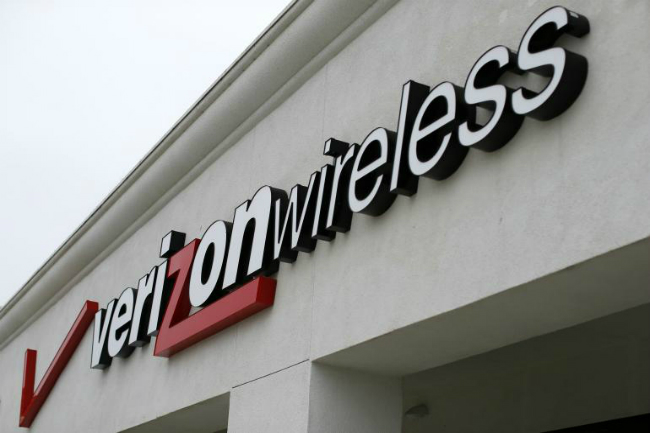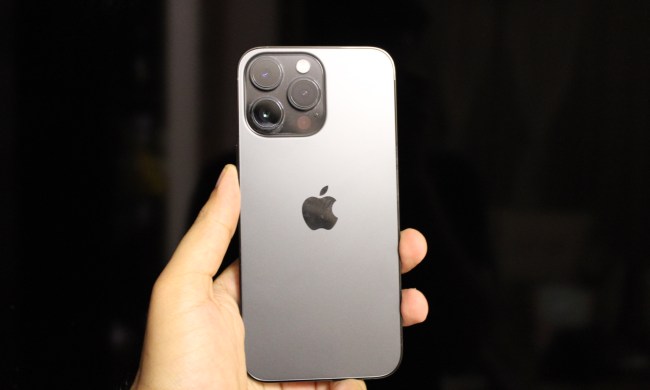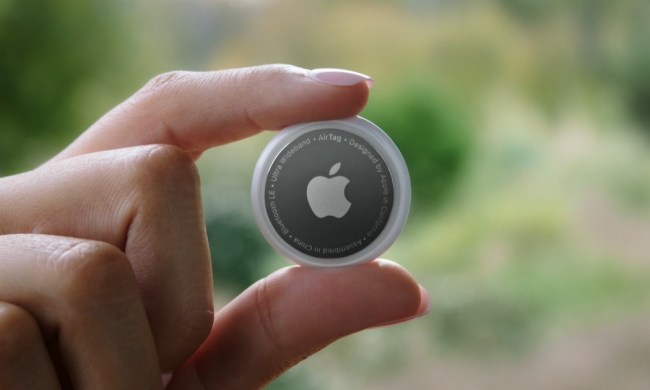
Updated on 06-28-2014 by Williams Pelegrin: According to a Verizon representative, the outage has ended. The outage, said the representative, was caused as a result of a software update the carrier issued on its billing system. While the outage did not impact customers’ ability to make calls, send texts, or use data, it resulted in them not being able to pay any bills.
As reported by The Verge, Verizon Wireless confirmed that the carrier is dealing with major problems that are affecting customers primarily in the Northeast, Midwest, and some Southern states.
According to many Verizon Wireless customers, the carrier’s online systems have been down for over 24 hours, with customers unable to pay their bills. As a result, in some areas, customers aren’t able to either upgrade or activate their devices in some areas, often encountering this error message.
@CNN @VerizonWireless nation wide system has been down for nearly 2 days. No statement released, no timeline for fix. #VerizonOutage
— Aja-ann Apa-Soura (@AjaArt) June 27, 2014
still without cell service now 4 two days thanks to @VerizonWireless and their “scheduled update” They are the worst #VerizonOutage
— RaVal Davis (@RaValDavis) June 27, 2014
The #VerizonOutage has been going on for 48+ hours. Reps keep saying it’s a “system update.” Terrible brand management overall.
— Sara Miller (@saramillerb) June 27, 2014
Hey @Verizon, if you want my $86 you need to fix your network outage issues so I can log into my account and pay you!
— Hailee Danielle (@hdgrove) June 27, 2014
#VerizonOutage what is going on? I still cannot sign up for service. Guess I’m headed to AT&T.
— Katie Schroeder (@KTSpark) June 27, 2014
#verizonwireless #VerizonOutage going on second day, my phone is gone, I’m about to switch carrier, verizon dead in the water, unacceptable
— Adam Jaffe (@ajaffster) June 27, 2014
#VerizonOutage #Verizon just got off phone w/ then they r working on it, offering no compensation for customers… FCC time
— michele washington (@culturalboundar) June 27, 2014
Responding to inquiry by the online publication, a Verizon spokesperson said that the company is currently working to resolve the issue, though no timetable was given as to when the widespread outage would be resolved. Trying to log into the online portal presents customers with a message saying that “some account actions are temporarily unavailable while we upgrade our systems.”
At least one person is looking to take advantage of the outage:
#VerizonOutage may be breach of contract and grounds for termination without ETF. Check it out.
— Syd Steinhardt (@getsyd) June 27, 2014


